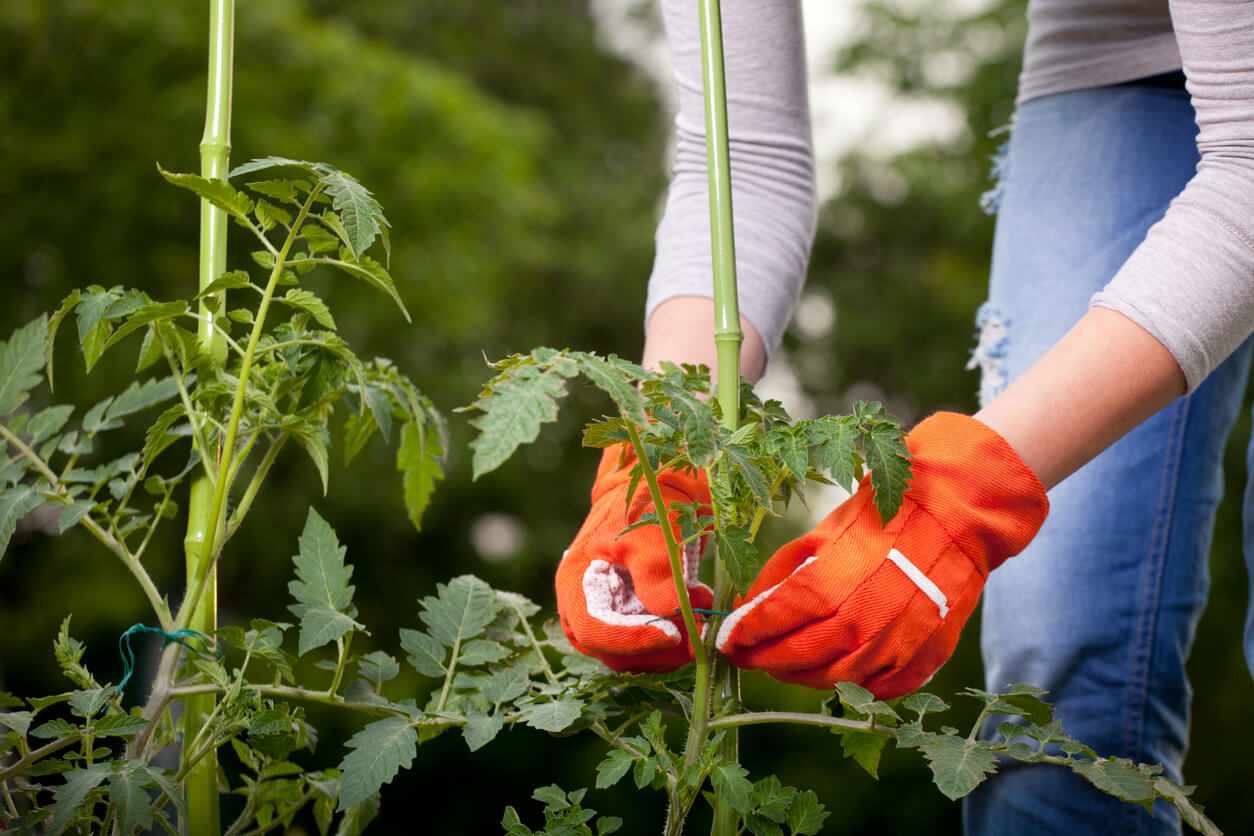Fusarium wilt reduces watermelon yields in Georgia fields. A University of Georgia Extension agent in one of the state’s most prolific watermelon-producing counties is searching for a way to help save the melons and the farmers’ profits.
“I want to find a good chemical treatment, so we don’t lose more watermelons,” said Eddie Beasley, agriculture and natural resources agent in Berrien County.
According to the UGA Center for Agribusiness and Economic Development, Berrien County is one of the top 10 watermelon-producing counties in Georgia. In 2013, the farm gate value for Berrien County’s watermelons was more than $6.6 million.
Fusarium wilt reduces watermelon numbers by causing the plant tissue to change color and the plant to wilt. It’s one of the most economically damaging diseases of Georgia watermelons.
Beasley predicts the disease has caused Berrien County farmers to lose an average of 8 percent of their watermelon crop over the past five years, a substantial reduction considering watermelons account for 5 percent of Berrien County’s annual farm gate value.
Beasley worked with former UGA plant pathologist David Langston and current UGA plant pathologist Hunt Sanders for two years to find a solution for watermelon growers. Their research found proline (prothioconazole) to be the best chemical treatment to suppress fusarium wilt in that area.
“Proline is a good control option,” Beasley said. “It is not a silver bullet, but it has slowed down the growth of the disease. Every acre that has fusarium wilt should be treated with proline.”
Berrien County farmer Mike Baker has applied proline to his watermelon crop and feels it has potential.
“We still have some learning to do about it,” he said. “I am going to keep using it, and hopefully we will be able to do more research.”
Baker has lost watermelon crops in previous years to fusarium wilt disease. “I have had to leave a field of watermelons because the fusarium wilt was so bad on it,” he said.
Rotating crops decreases the risk of fusarium wilt, but it’s not feasible for Berrien County farmers. More than 1,100 acres there are allotted for watermelons each year, leaving little land to use for rotation.
“The fusarium wilt is so bad in some fields that some farmers have to stop or find new land,” Baker said.
(Jordan Hill is an intern with the College of Agricultural and Environmental Sciences.)

.jpg)
.jpg)





